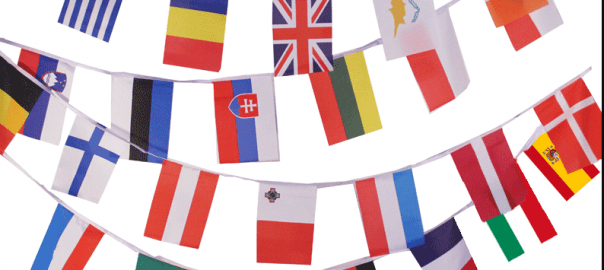May 11, 2024 /Entertainment/ — Eurovision has a strong cultural element, bringing together countries from across Europe (and beyond!) through music. While it’s not explicitly billed as a peace festival, it does foster a sense of community and understanding between nations that have historically been at odds.
- Shared Experience: Every year, millions of people across Europe (and beyond) come together to watch and celebrate the contest. This shared experience, regardless of language or background, fosters a sense of connection and community.
- Celebrating Diversity: Eurovision features entries from countries with a wide range of cultures, musical styles, and languages. This celebration of diversity encourages tolerance and understanding.
- History of Unity: The contest itself began in 1956, just a decade after the devastation of World War II. It was seen as a way to bring European countries together through music.
It’s important to note that Eurovision isn’t without its friendly rivalries and political undertones. However, the overall spirit of the contest leans towards unity and celebrating differences.
Here’s an analogy you can use: Imagine Eurovision like a big potluck dinner. Everyone brings a dish from their own culture, you share the food and conversation, and hopefully, you walk away with a better appreciation for each other.
Search related topics

